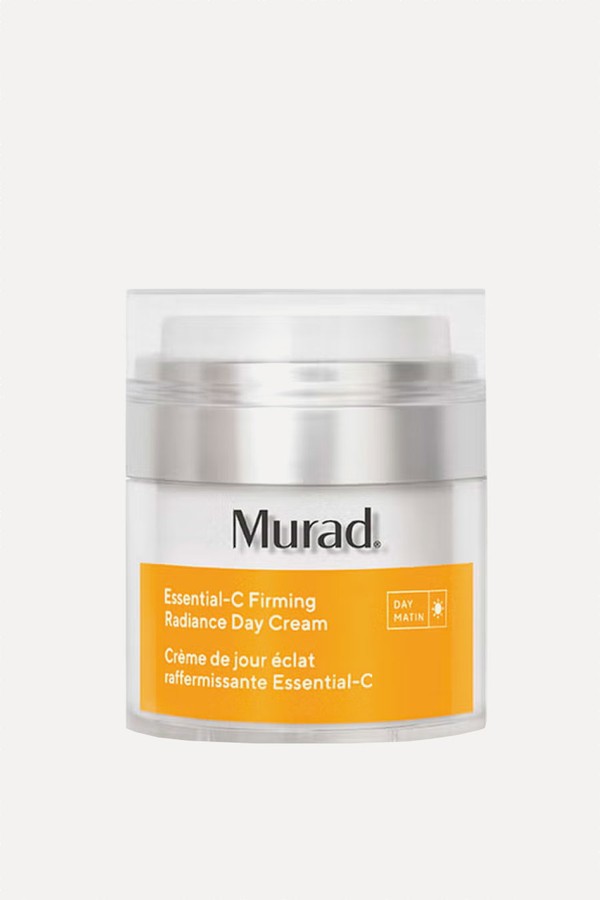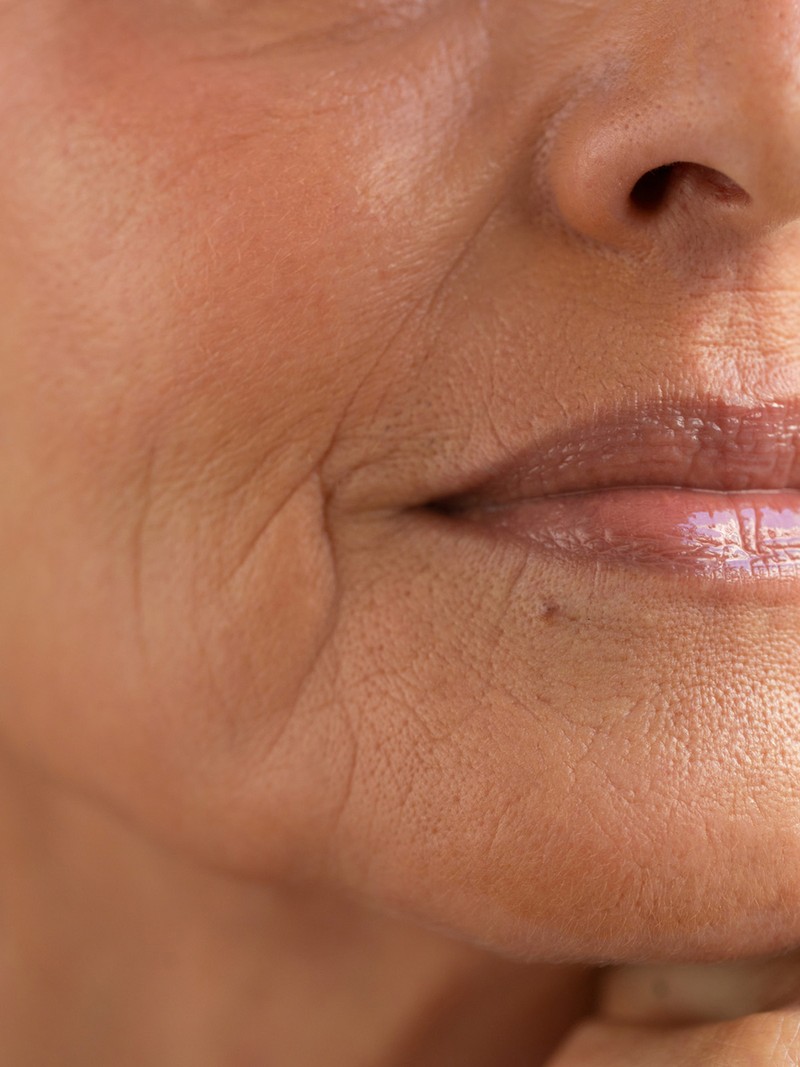
10 Skincare Ingredients Explained By The Experts
Squalane
“Squalane is a hydrogenated form of squalene that is often used in skincare. It is light and non-comedogenic (meaning it won’t clog up your pores) but an excellent moisturiser, so perfect for those prone to little spots. Squalane is also antioxidant and often added to skincare used to tackle photodamage. It is excellent at repairing the skin barrier and as such reduces water loss. It also works well alongside actives that can leave skin dry and irritated, such as AHAs BHAs and retinol.” – Dr Justine Hextall, consultant dermatologist
Squalene
“Spelt with an ‘e,’ this is different to squalane. It can oxidise quicker and is actually less effective in skincare – so keep a lookout when you do your shopping. Both forms offer great moisturising benefits, but the above with an ‘a’ is what I recommend due to its stability and because it can penetrate skin at a deeper level.” – Dr Asha Chhaya, aesthetic doctor & skin expert
Hyaluronic Acid
“This is one of my favourite ingredients in skincare and it is still underestimated. Essentially, it’s a humectant that holds a thousand times its weight in water, so it’s perfect for holding moisture in the skin. In my view, it really varies in efficacy, hence its occasional bad press. You need to look for those combinations that contain different molecular weights. The smaller molecules sit deeper in the skin, holding moisture in the deeper layers. Combine this with larger molecules sitting on the surface and the mix is very effective. Apply to damp skin and then seal in the benefits with your normal moisturiser – putting a layer on top is when you really see results. Combining HA with the humectant panthenol is also very effective. I love the multi-weight Hyalu B5 hyaluronic acid from La Roche Posay.” – Dr Justine
Retinol
“Retinoids are a family of vitamin A derivatives that promote cell turnover, boost collagen production and improve skin texture, making them highly effective for reducing signs of ageing. Retinol is the most commonly used retinoid, suitable for beginners and sensitive skin types due to its gentler nature. Retinaldehyde (or retinal) is a stronger, faster-acting form with less irritation risk. Prescription-strength retinoic acid (tretinoin) delivers the most potent results but can cause more irritation. When selecting a retinoid, start with lower-strength options – we’re talking 0.01 to 0.1% –and gradually progress to stronger versions based on your skin’s tolerance and needs.” – Dr Asha
Azelaic Acid
“This naturally occurring substance can be found in grains such as wheat and barley. It is my go-to ingredient in my clinic. It has so many benefits that I look for. Around the time of the menopause, I often see individuals with blemish-prone skin that may represent acne with a rosacea/peri-oral dermatitis crossover. Although effective for acne, retinoids can disrupt this skin presentation. This is where azelaic acid comes in. It is anti-inflammatory and keratolytic, which means it helps to unblock pores and keeps skin free of build-up. As such, it is effective in all of the above skin complaints whilst helping to calm, protect and repair the skin barrier. If in doubt with blemish-prone skin, this is a good place to start. It is a good maintenance treatment for acne and rosacea too, helping to remove scarring, especially in those with a darker skin tone more prone to post inflammatory hyperpigmentation.” – Dr Justine
Vitamin C
“Vitamin C is a powerful antioxidant that brightens skin and boosts collagen production, keeping skin firm. It neutralises free radicals from UV rays that can cause ageing. When shopping for vitamin C products, I advise looking for stable forms, like L-ascorbic acid, and always shop for concentrations between 10% and 20%. It also reduces copper within the skin, which inhibits melanin production and helps to treat your hyperpigmentation, giving you a more even skin tone.” – Amanda Azzopardi, advanced skin expert
“There are other versions of vitamin C, including sodium ascorbyl phosphate and magnesium ascorbyl phosphate – these are more stable but less potent and may be more suitable for sensitive skin types. Sometimes vitamin C can be combined with acids to help exfoliate skin and enhance the brightening benefits. Murad’s Vita-C range is very effective and what I often recommend to clients – that and SkinCeuticals’ cult C E Ferulic Serum.” – Dr Justine
Niacinamide
“This versatile form of vitamin B3 offers broad benefits for skin health. It protects against UV and pollution damage, reduces inflammation, improves texture and addresses pigmentation. Niacinamide works through its antioxidant properties to combat environmental stressors and enhances the skin’s barrier by boosting ceramide and lipid production. This strengthened barrier reduces redness and irritation. It also helps prevent collagen glycation (damage from glucose and protein interaction), supports collagen production and minimises pigmentation, leading to smoother, more even skin tone. Regular use can protect against photo-ageing and reduce dryness and irritation, making it ideal for daily defence. Niacinamide pairs well with other actives, like retinol to minimise irritation or vitamin C for enhanced UV and pollution protection.” – Dr Justine
Peptides
“Peptides are having a moment – and for good reason. These short chains of amino acids act as building blocks for essential proteins like collagen and elastin. In skincare, peptides signal the skin to produce more collagen, improving firmness, reducing wrinkles and boosting hydration. Look for formulations that combine multiple peptide types for enhanced results. Peptides reduce inflammation, repair skin, stimulate collagen-producing fibroblasts and strengthen the skin barrier. Similar to Botox, key functions include signalling fibroblasts to produce collagen, transporting minerals to aid wound healing, inhibiting enzymes that cause pigmentation or collagen breakdown and relaxing wrinkle-causing muscles.” – Amanda
Collagen
"Collagen molecules are too large to penetrate the skin’s deeper dermal layers, but collagen supplements – especially hydrolysed variants – have gained popularity. These supplements break collagen into absorbable peptides that may act as signalling agents to stimulate the body’s own collagen production. Some studies support their benefits, though more extensive research is needed as many are small and industry sponsored.” – Dr Justine
Natural Oils
“Natural oils, such as argan and jojoba, are known to provide moisture and nourishment. They differ from targeted anti-ageing ingredients, but oils are very high in antioxidants and vitamins, which is always beneficial to the skin. That said, I recommend the aforementioned ingredients over most oils. Why? Because oils can clog pores and lead to irritation – especially in sensitive, changing skin. However, it’s worth noting that both rosehip and argan oil will always be safe bets and tolerated by all. They are also both rich in antioxidants, which makes them beneficial for anti-ageing and boosting firmer, suppler-looking skin. When considering anti-ageing, plant-based ingredients, it’s important to look for those rich in antioxidants and fatty acids as they maintain moisture, but also protect the skin from environmental damage. Ingredients like green tea extract fight free radicals, while chamomile and calendula provide soothing benefits. These can complement other anti-ageing ingredients for healthier skin.” – Dr Asha
SHOP THE EXPERTS' TOP SKIN PICKS
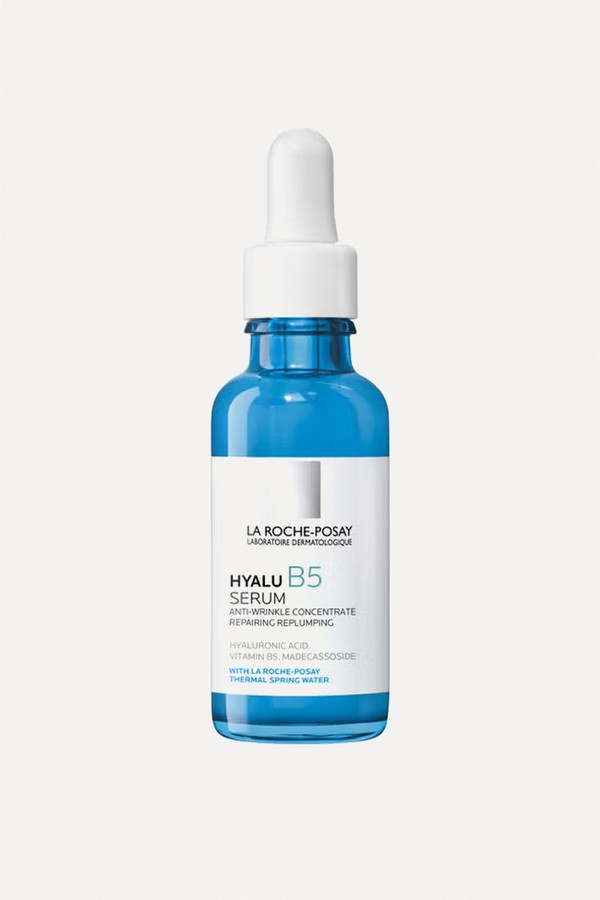
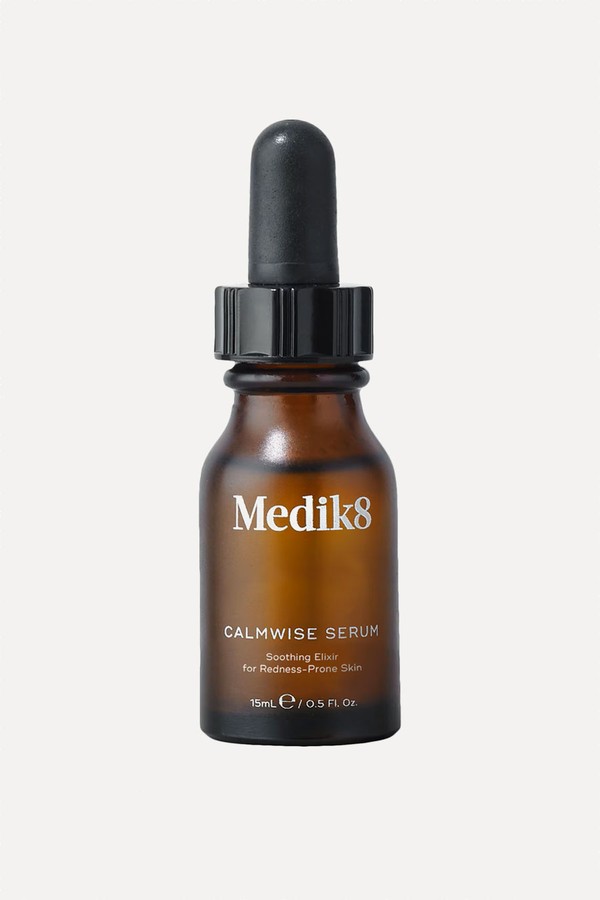
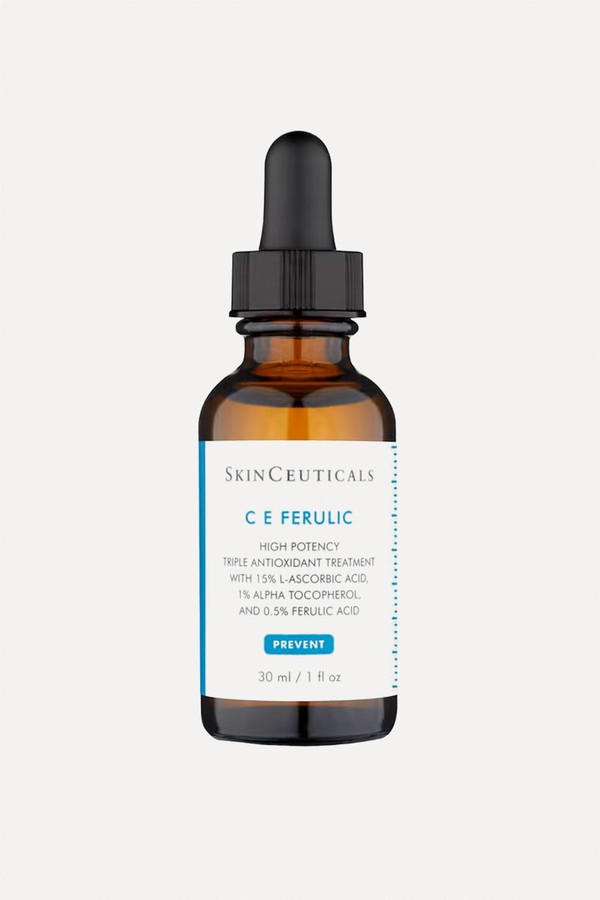
DISCLAIMER: We endeavour to always credit the correct original source of every image we use. If you think a credit may be incorrect, please contact us at info@sheerluxe.com.
